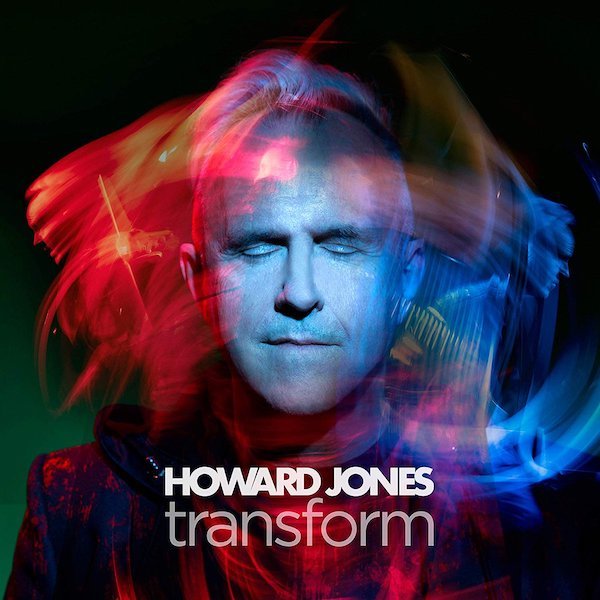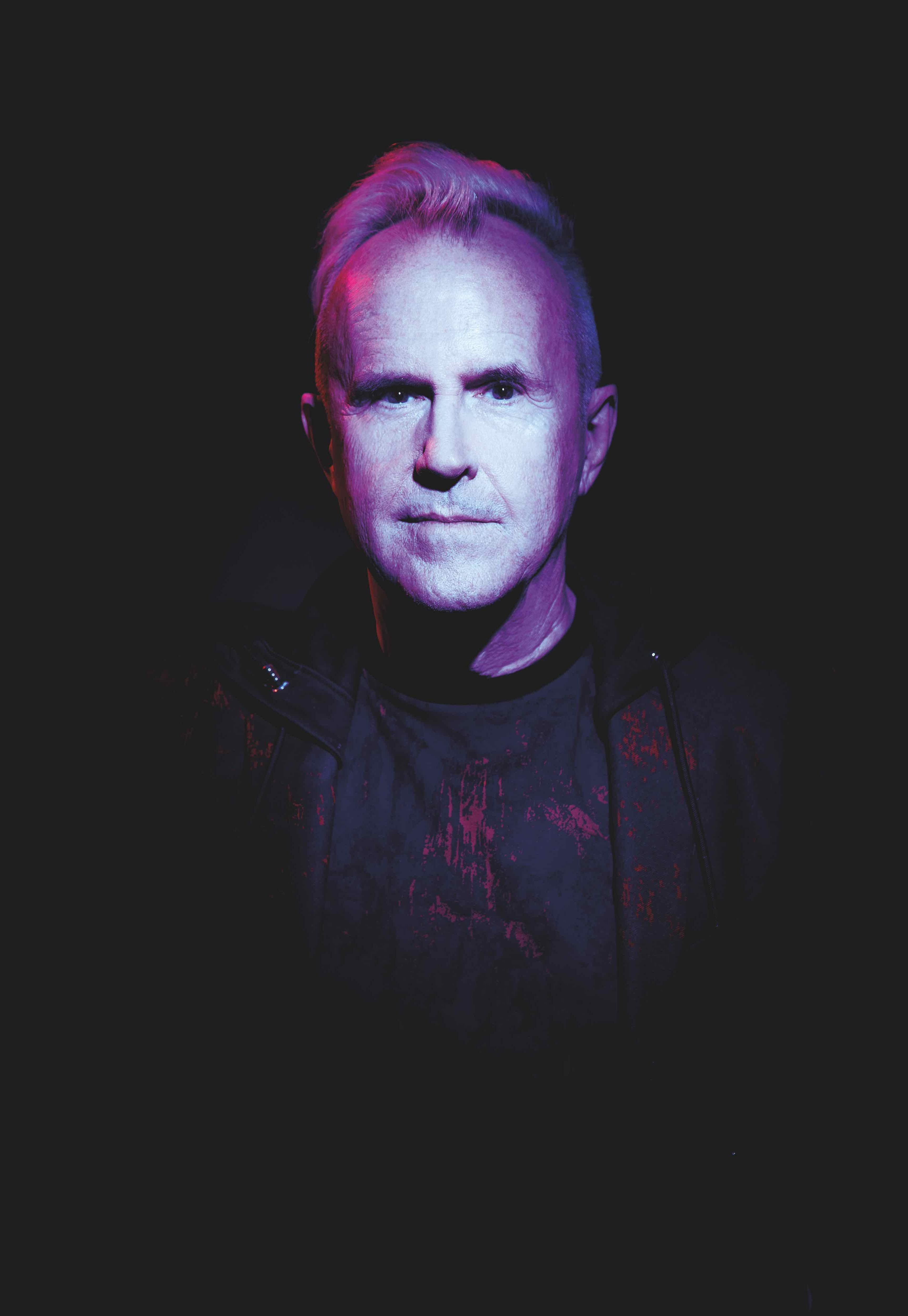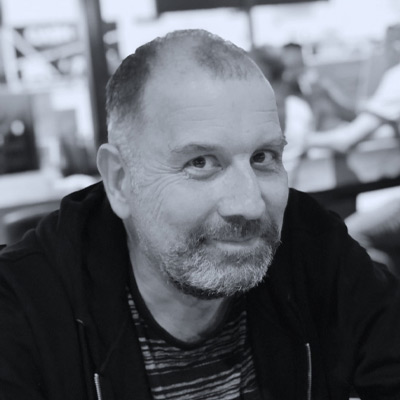Howard Jones is returning to his roots with his new synth-pop album Transform, and with it, he’s produced some of his most memorable tunes in years. With a UK and US tour on the horizon, along with collaborations with Über-producer BT, is there anything that can stop this man putting his dreams into action?
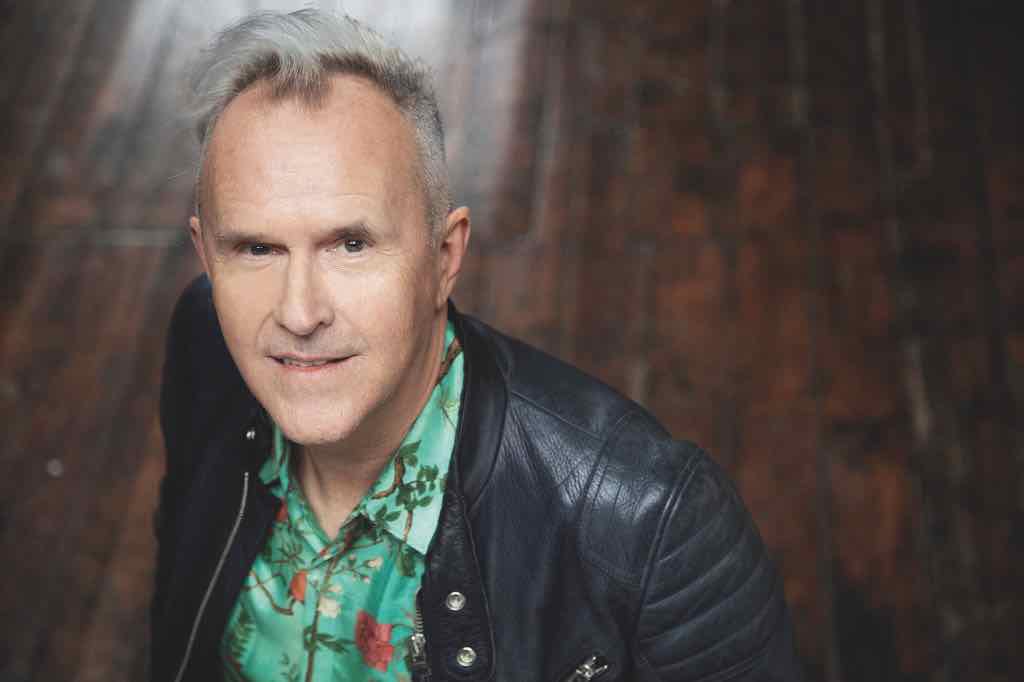
Howard Jones is one of a fair few synth-pop legends still enjoying success decades after tasting platinum sales back in the 80s. What drives the likes of him, OMD, Gary Numan and more to still be making music all these years later – let alone making successful careers out of it – is something that we’ll discuss later, but the ‘success’ element is certainly not to be downplayed. Jones can still shift 20,000 copies of a self-funded and promoted new album with ease, and even embark on the odd 35-date US tour. Those are sales and venues that most current bands, even signed to many labels, can only dream of.
Howard is, of course, grateful for this ongoing popularity and puts it down to his fans, an almost relentless passion and choosing his projects carefully. He has learned to channel his craft into focused albums that, on the one hand are tailored to those fans, but on the other, allow him to comment on current issues that he feels are important. His latest project, Transform, for example, is a driving synth-pop album that covers everything from losing his mother to dealing with negativity – and saving the planet along the way.
It opens with The One To Love You, surely his most single-worthy track in years (a good job then that it is the new single),and also features that rare Howard Jones occurrence: collaborations with an artist outside of his immediate production team. On three tracks he’s partnered with US dance producer BT, a process that he says he greatly enjoyed.
 Roots Manoeuvre
Roots Manoeuvre
The final piece in the Jones success jigsaw, is that he can react to this ever-changing music industry. Never one to passively watch any developments from a distance, the Howard Jones philosophy is to embrace and go with whatever the industry and world throws at him, and then simply write a decent song or three about it.
And there has been many a twist and turn to keep Howard on his toes: from those platinum-selling albums, the many hits, the famous Live Aid performance and all of that initial success, his latter-day projects have seen him focus on everything from more acoustic and intimate recordings to full-on stage productions. Transform, however, takes us back to those roaring synth-laden days, albeit with a much more updated sound. As Jones explains, this wasn’t dictated by the current fascination in all (stranger) things synth, but more a slice of good timing.
“It was initially just a mood really,” he says. “I try to make each album have its own character. Ordinary Heroes [2009] was quite acoustic and then Engage [2015] was more a stage show with audio-visual stuff, so this time I just thought: ‘I really want to make an album with just synths, going back to my roots.’ I decided to have fun with the synths, and I think my fans have been asking me that for a long time. I do hope they’ll be pleased with it.”
That’s not to say Howard isn’t aware that the synth is back in fashion, at the top of yet another cycle around from its glory days back in the early 80s.
“It does tend to go around, yes,” he agrees. “There are a lot of new bands who are drawing inspiration from that 80s era of pop, but I just do it because I love synths and love writing songs, songs that have got middle eights and bridges. I’m a big fan of classic song structure and I love synths, so that’s really what this album is about, recapturing what I really love most and I think that is why it has such an energy.”
BT Calling
Three of the tracks on Transform also exhibit another kind of energy, this time thanks to collaborator BT, the US producer who Howard has long been a fan of and, it turns out, the feeling was mutual.
“Interestingly, I have loved BT’s work for some time but never thought he’d be that interested in working with me. The three tracks we worked on were really good fun, but I hardly ever do collaborations, so it was really new for me.
“He’d send me some initial bits of writing and then I developed it with lyrics and tunes. I then sent it back to him, he did his stuff and then we got together for the mix. It was amazingly good fun and really enjoyable.
“For the rest of the album,” Jones continues, “I worked with Robbie Bronnimann who has been involved with my music for about 25 years – we mixed the album together.
“So it’s not like I did it completely on my own. My ‘thing’ is the structure and overall effect and making sure that it delivers what it is supposed to, and I’m very fortunate to be working with such two amazing people in BT and Robbie.”
The BT experience was so positive that Howard is likely to work with the producer in the future, and is now not averse to collaborating with other people. “Maybe I should be more open to such things,” he admits. “Actually, I wouldn’t mind doing something with Jean-Michel Jarre. He has done collaborations and it would be great for he and I to do something.”
Besides the collaborations with BT, the album has a running theme, a clue of which is in its title.
“It’s about transformation,” Howard says, “and that if we want to change the world, we have to start with ourselves. It’s transforming the negative tendencies into something great and then putting it out there in the world. It’s really up to us – we are the protagonists of our lives. If we wait around for something to change, or for someone to change things, then we will wait forever.”
35 Years In The Making
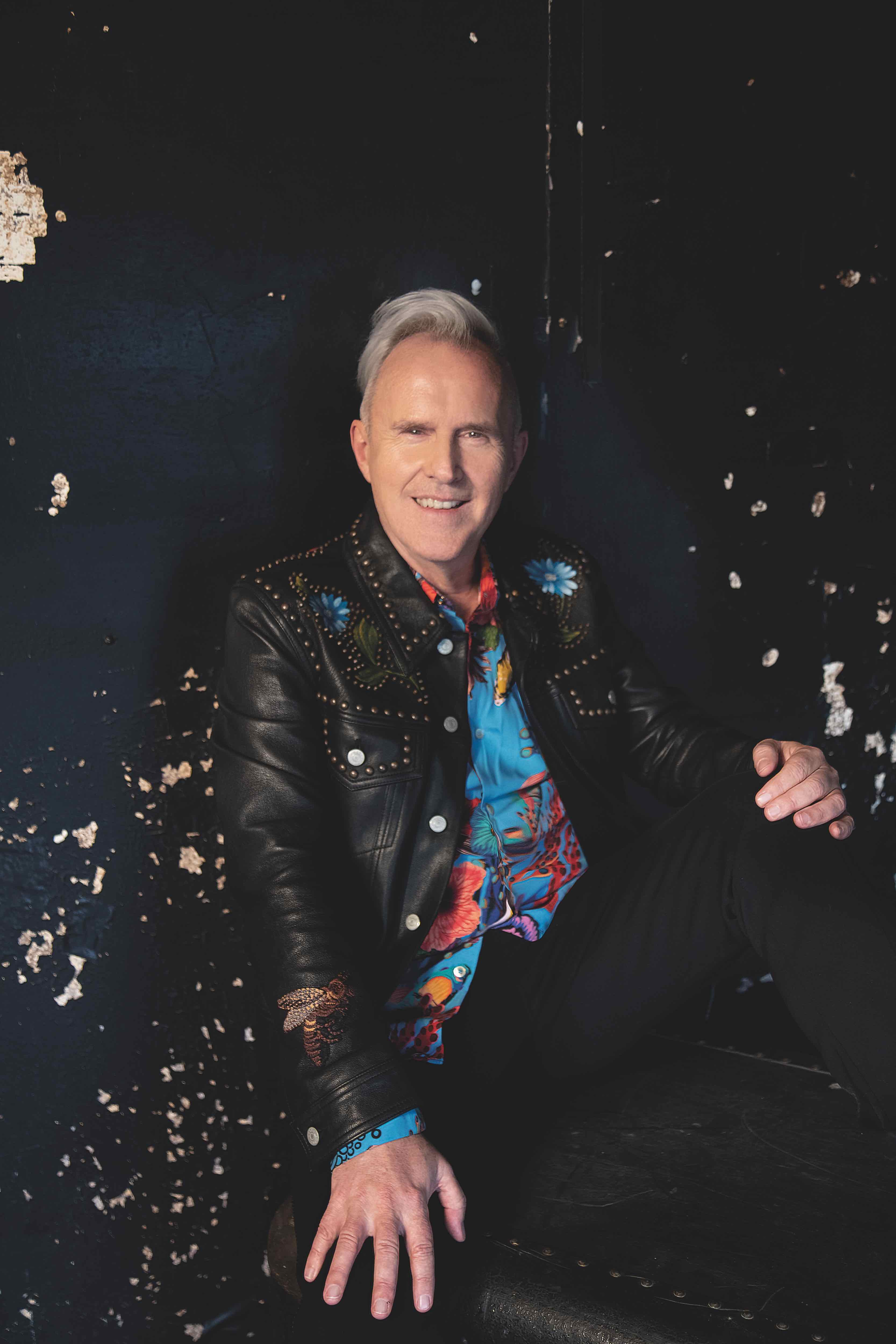
As we said earlier, though, ‘okay’ still means shifting tens of thousands of albums – that’s ‘incredibly successful’ in some eyes…
“I’m very lucky to have fans that have stuck with me,” he agrees, “and I’m so grateful to them and I do include them in my thinking, so I want this to work for them. The music business has constantly been evolving and, in a way, that is quite exciting as an artist. Living through those changes means that you can’t get stuck in your ways and you have to adapt. So, right from the beginning of the internet, we jumped on that. My personal way of connecting is with Twitter which I’ve been doing for 10 years, and everyone knows that what is on there comes directly from me. It’s absolutely vital that you put energy and creativity into those things, so that people feel part of the community of your followers.”
The Longevity Of Synth-Pop
Howard is touring the UK along with China Crisis as support, and also embarking on a 35-date tour of the US. “We’re doing eight great venues in the UK,” he says, proudly, “and it’s quite a big production with a screen and lots of bespoke videos and big lighting – I do like putting on a show. And then we’re going to America in June and July, where I’m curating a tour with Men Without Hats and BT’s band All Hail The Silence. There will be lots of collaborations between us all, which I‘m really looking forward to.”
There will, of course, be plenty of Jones classics, too, albeit with an additional refreshing twist of technology. “The thing with electronic music is that we can update the songs, the hits that people know,” he says. “For this tour, we’ve been going back to all the songs and putting new stuff in, updating sounds, adding a few things that you can do now but couldn’t do then. We can always move them forward.”
For anyone to be able to put together a tour of the United States, let alone a large one like this, it is surely a mammoth achievement, but Howard says that it is mostly down to the success of those 80s hits.
“I could tour forever there which I’m very grateful for,” he laughs. “The songs did very well on the radio there and people still want to come out and see me, so it’s great. We did put the work in during the early days, though, touring the clubs and radio stations.”
And the fact that the 80s are back in fashion there certainly seems to help…
“It’s taken its time, though, hasn’t it! The ‘eighties’ was a dirty word for so long and I used to get really annoyed with that, as they were dissing a whole generation of people. You can’t say that a whole generation of music wasn’t good when all of these incredible people grew up with it, so it’s great that it’s thought of as better; I think it was a very unique decade for music, so diverse with so many genres going on at the same time. Everybody got to have a little bit of everything – reggae, ska, electronic, whatever – it was just brilliant.”
How would that 1980s Howard Jones have reacted to knowing he’d still be a success in 2019, though?
“I would have been astonished, because I was thinking, ‘Can I even make this last until the second album?’ I couldn’t believe my good fortune when that first album did so well. It was like, ‘Surely I can’t keep this going, it must be a 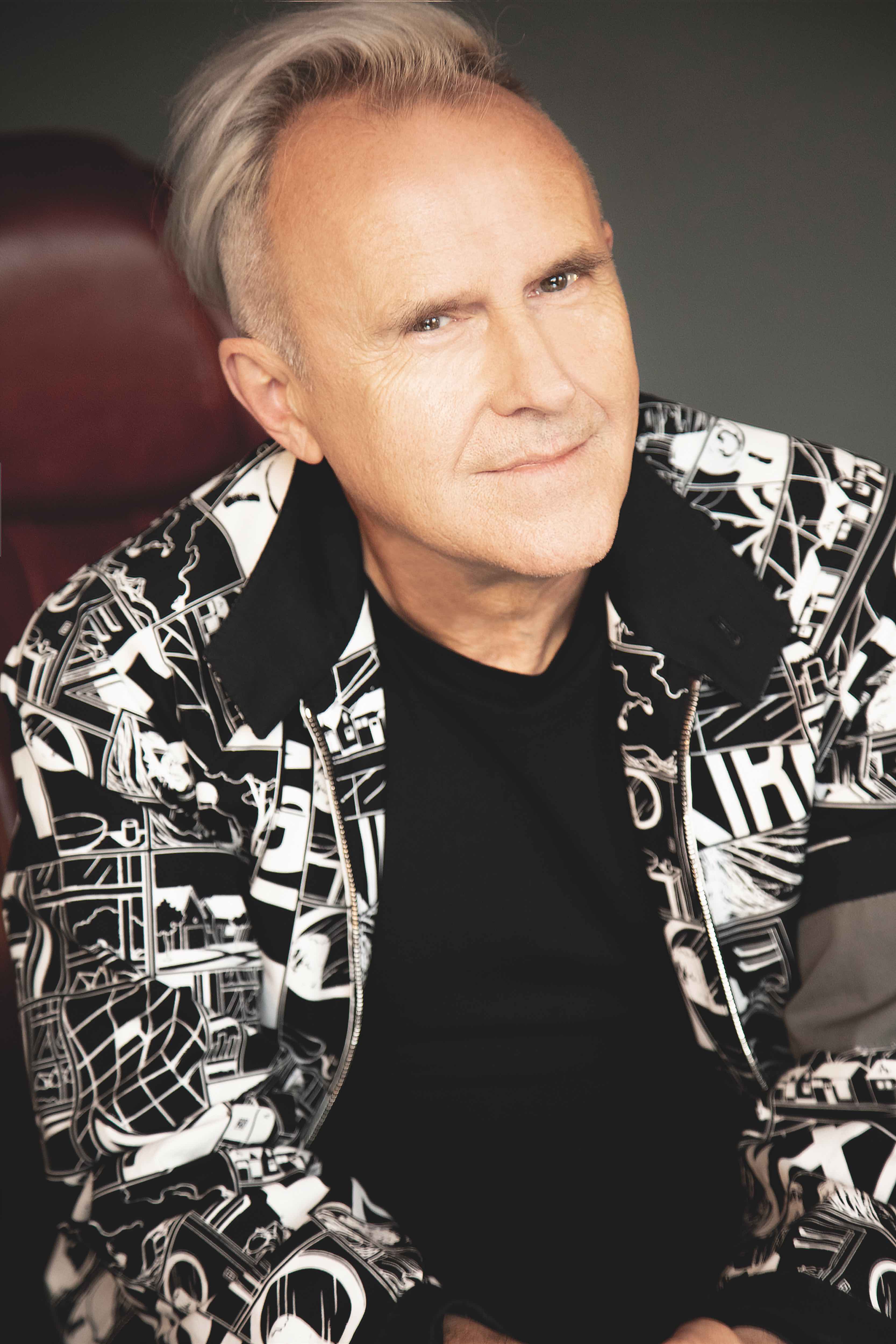
“People might say to me, ‘Isn’t it time you took it easy?’, but I can’t imagine a life like that – I want to be busy and I want to be challenging myself in some way.”
For our final question, we jokingly push Howard to reveal that he is – along with the Chinas and OMD – part of some kind of secret sect of synth-pop bands, one that retains youth and success nearly four decades on, perhaps by ‘feeding’ off a picture of Dorian Gray (playing keyboards) in the loft.
“It’s interesting, isn’t it!” he laughs. “As I said earlier, it comes down to the passion for doing it. If you don’t have that motivation then nothing else will satisfy it.
“Both OMD and China Crisis are really good mates as we’ve spent a lot of time together. It’s because we love doing it, always have and probably always will, as long as we function! I do hope so.”
Andy Jones
Classic Pop may earn commission from the links on this page, but we only feature products we think you will enjoy.

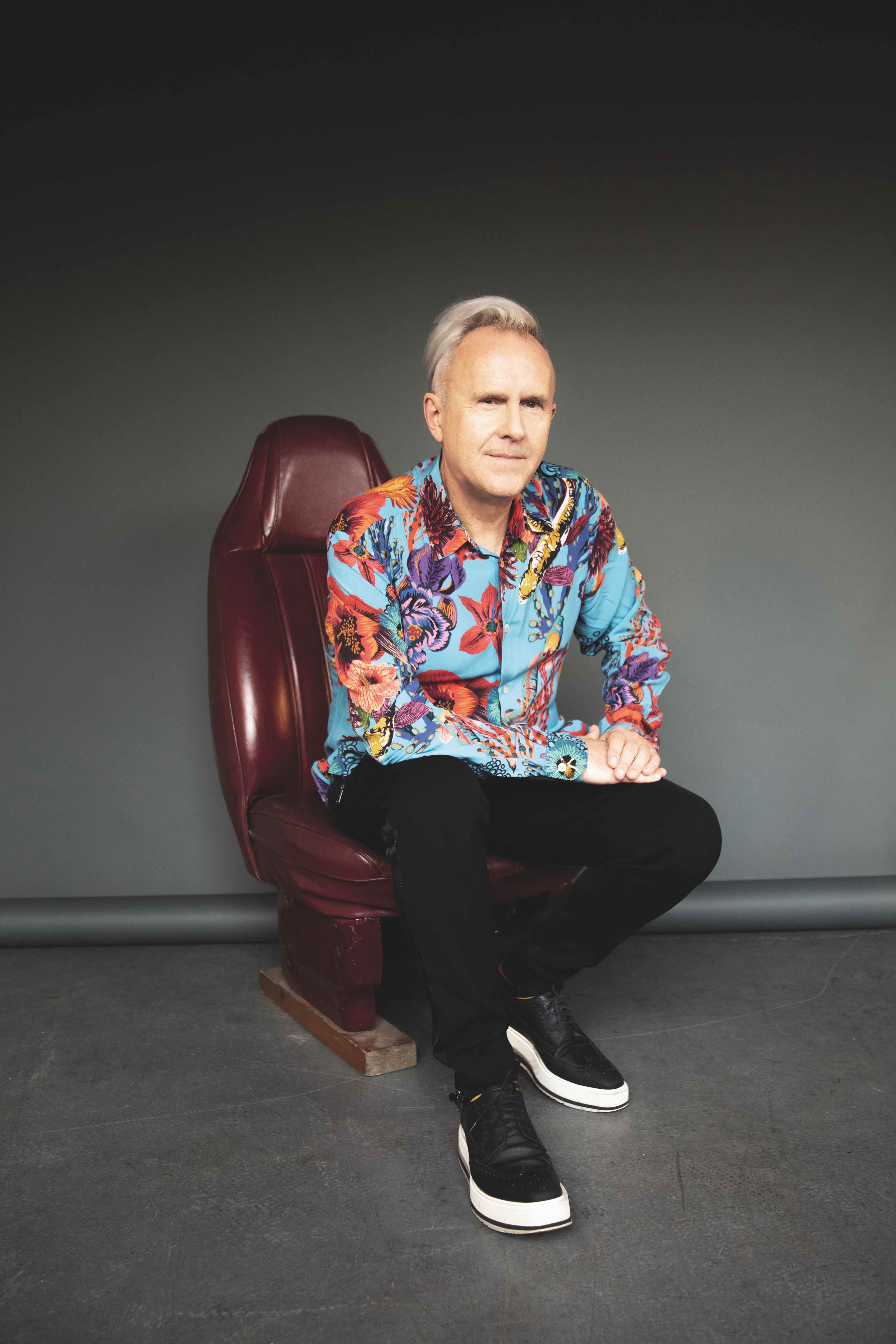 Roots Manoeuvre
Roots Manoeuvre